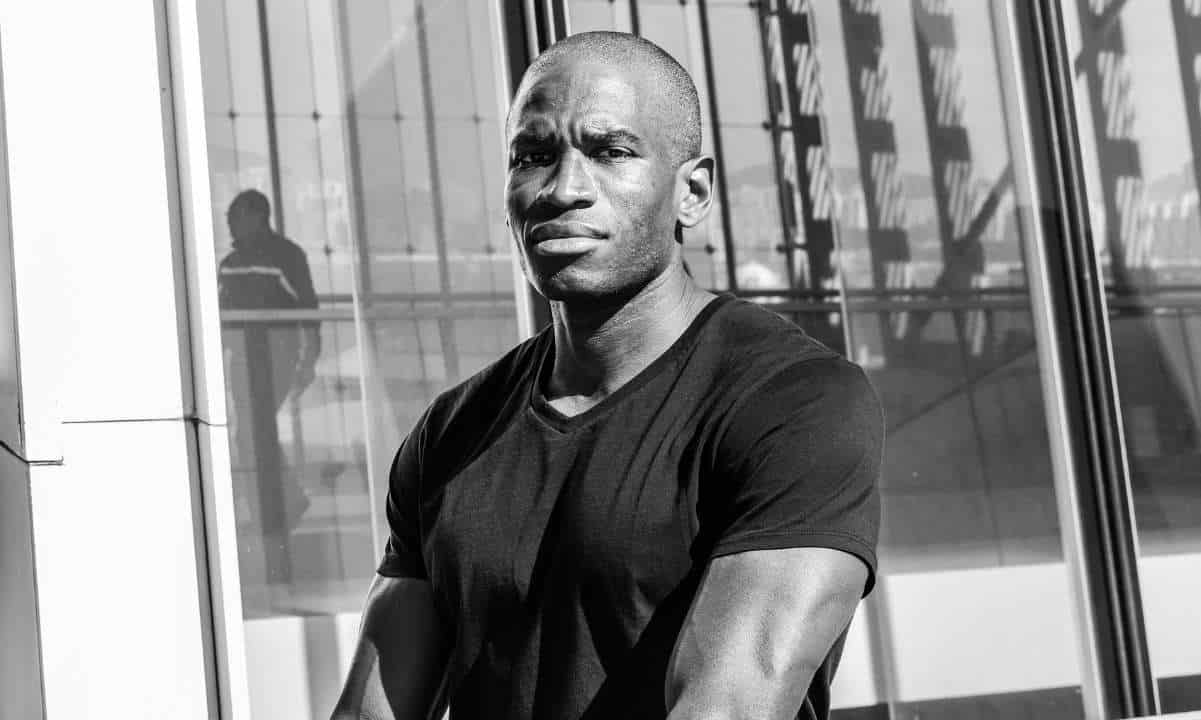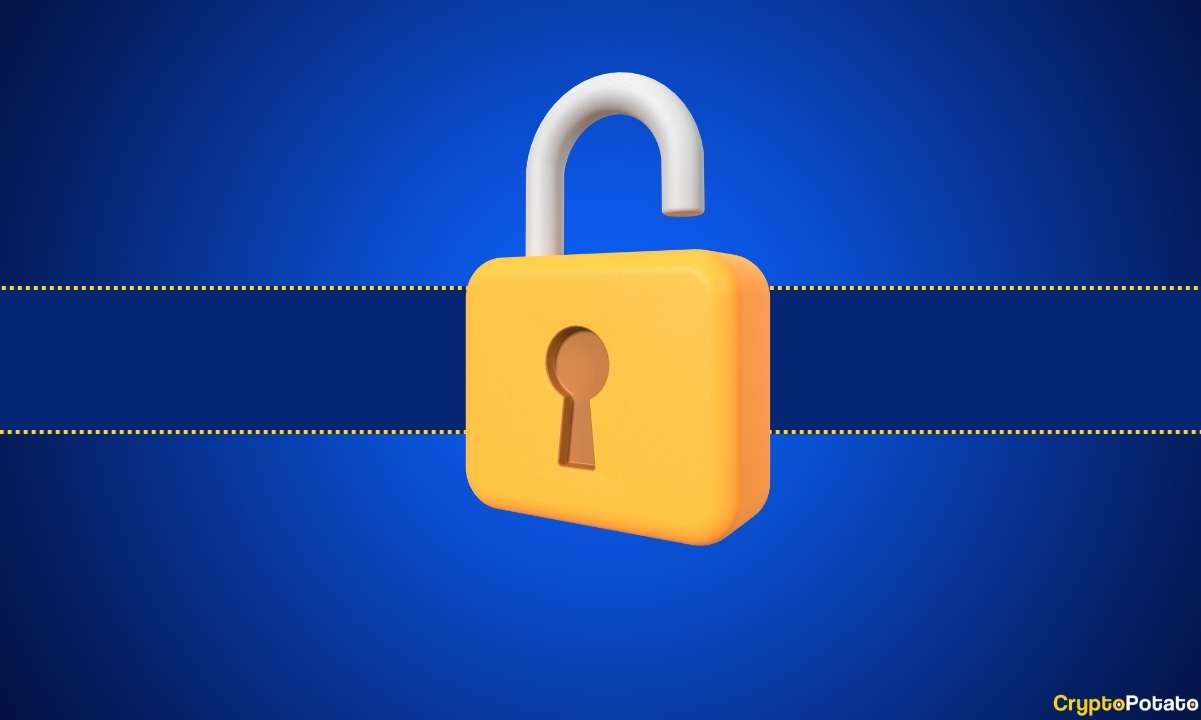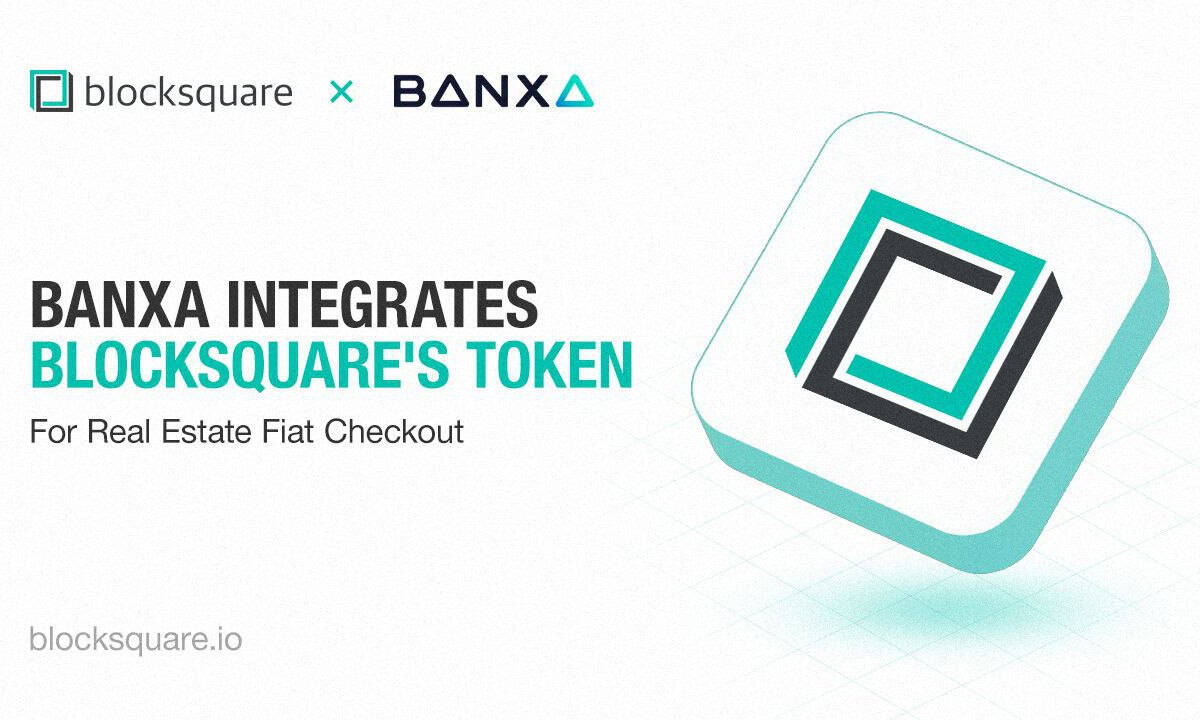Natalie Brunell: This is What Made Me Go From Traditional Media to Full-Time Bitcoin (Interview)
Natalie Brunell is one of the most well-known women in the cryptocurrency industry. With a background in traditional journalism, she currently hosts the Coin Stories podcast, featuring some of the leading voices in both Bitcoin and economics.
Brunell is Polish-born and, together with her family, immigrated to the US when she was five. she has broad experience in traditional media, covering breaking news, enterprise reporting, as well as features. Some of her previous roles include the top-rated NBC Station KCRA-TV, as well as being a national correspondent for ABC NewsOne based in LA.
A few years ago, however, she started a new chapter in her professional life, going full-time Bitcoin and starting the Coin Stories podcast. In this episode of the CryptoPotato Podcast, Natalie Brunell tells us what made her take this giant leap, which are the most interesting stories she’s heard on her podcast (“Michael Saylor”), and of course – women in blockchain.
We also chat about the current market condition – whether or not BTC hit the bottom or is yet to find it, how is the broader market shaping up, and if there ever be a cryptocurrency that could replace Bitcoin.
‘My Family Lost Everything in 2008’
Natalie Brunell was born in Poland. Her family was living under a communistic regimen, and according to her, it was their dream to immigrate to the United States and “pursue the American dream.” This finally happened when she was 5.
“My parents came (to the US) when they were in their late 30s and early 40s, had to start over in a new country and learn a new language. I saw them work really hard so I was instilled with a really strong work ethic and this idea that education and working hard is going to propell me.”
However, much like many ordinary families back in 2008, her parents also became victims of the financial crisis.
“They lost everything in the financial crisis of 2008-2009. That’s when I also started my television career – when the recession was really underway.
I looked at what happened to my parents and I always wondered how did it happen. I didn’t understand – they’re good people, they pay their taxes, they play by the rules and they lost everything in this crisis that they didn’t orchestrate or had anything to do with.”
She shared that it was back in 2017 when she heard about Bitcoin, but she didn’t “go down the rabbit hole” until a couple of years later. In any case, it was Bitcoin that helped her understand the problems that exist in the financial system.

“I guess what I would say is that I had this predisposition for appreciating Bitcoin because of my family’s journey and what they went through in the financial crisis. But then I also spent 10 years interviewing people in different communities who were suffering from a lot of the things that impact global societies – growing poverty, the wealth disparity, rising costs of education and living, civil unrest.”
And then, she realized that after learning about Bitcoin and connecting the dots, these things happen because “our money is so broken,” realizing that now there’s a potential fix through technology. That’s how her “passion project” started – something she has managed to make a career out of.
Women in Blockchain: The Gender Gap in Crypto
One thing that many people talk about recently is the gender gap in the cryptocurrency industry – the fact that there are more men involved in the industry than women.
“There’s a huge gender gap when it comes to men and women in this space. You’d be blind to not see it when you go to an event. When I go to Bitcoin conferences, there’s 90% men and the a couple of women. But it’s growing. More and more women are coming.
I think that women, in general, are very community-driven, and we like to learn from and socialize with other women. I think we need women to look up to. I want to service that resource for women because I was there once too and because sometimes this space can be overwhelming and intimidating when it’s a bunch of guys and you feel like you’re not reflected in the audience.”
Brunell says that part of the reason that the space could be more appealing to men is that Bitcoin “is that intersection between finance, engineering, computer science, gaming, etc.”
“Bitcoin is for everyone. Bitcoin doesn’t care about your age, your gender, what country you are in, your languages.
I want to inspire more people to get on board. A lot of women out there, they have money to spend and they want to save, they want to invest it right, they just don’t know where to start and I think they look at Bitcoin as more complicated than it is.”
In the podcast, we also talked about the current market conditions, whether or not the bottom is in, what are the potential catalysts for a new bull rally, and much more.
The post Natalie Brunell: This is What Made Me Go From Traditional Media to Full-Time Bitcoin (Interview) appeared first on CryptoPotato.









